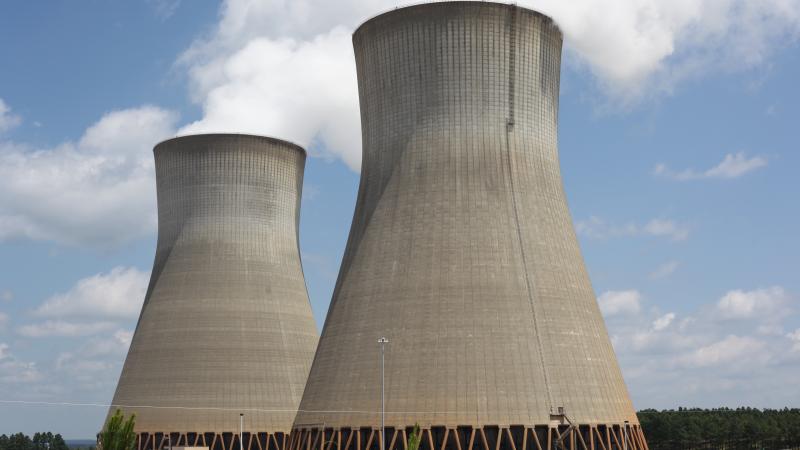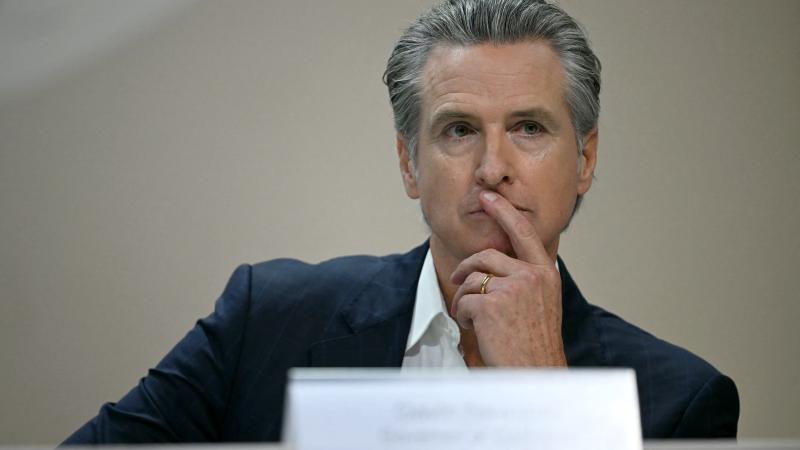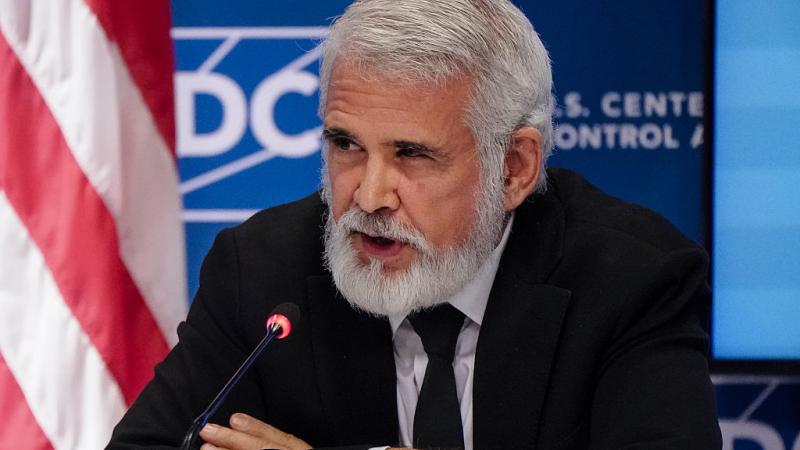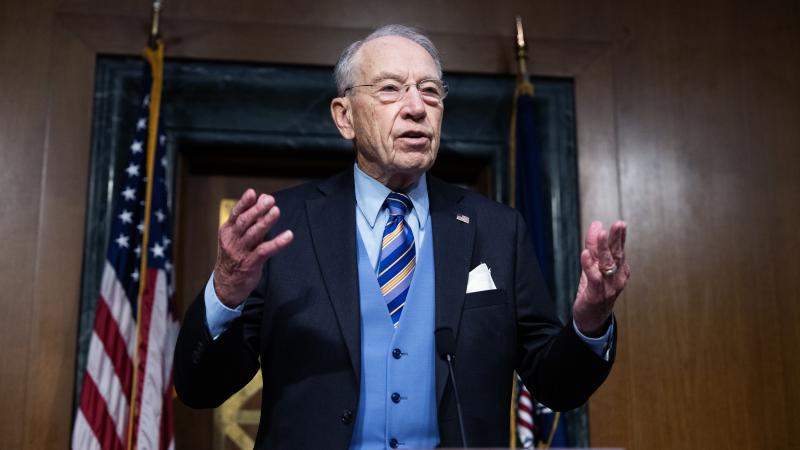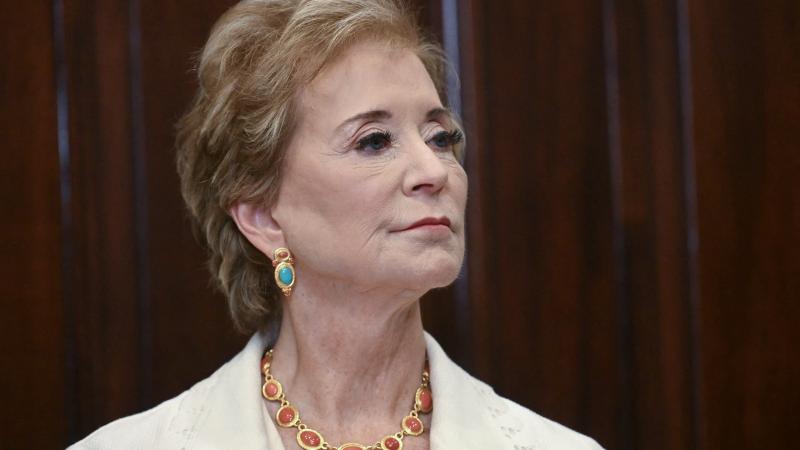Despite dominance of fossil fuels, university classes focused on renewables and climate: study
Of the over 1,400 classes examined in the National Center for Energy Analytics study, 71% had a climate-focused learning objective.
Even before the Trump administration reversed America’s energy policy from concerns about climate change to energy dominance, the so-called renewable-energy transition wasn’t coming to fruition as proponents had wanted.
This year’s “Statistical Review of World Energy” showed that fossil fuels continued to dominate the energy landscape, accounting for nearly 87% of total global energy consumption, and they were the dominant energy source the year before. Despite spending trillions of dollars on the effort to make renewable energy the leading source, fossil fuels continue to reign.
At about the same time, America's top universities continue to focus on renewable energy and climate change, while data shows the petroleum industry will continue to provide many jobs and be a key part of the nation’s energy mix for the foreseeable future.
A new study by the National Center for Energy Analytics, found that classes across multiple disciplines at America's top 50 universities are still pushing the energy transition narrative.
Using AI, the study identified key themes in 1,425 energy classes in the 2024-2025 school term at the top 50 U.S. universities. The study, released July 8, found that of those classes, 71% had a climate-focused learning objective, meaning they were geared toward solving climate problems or lowering emissions, and 29% were climate-agonistic, meaning they were focused on understanding energy systems, policy, markets or technologies more broadly.
Testing a theory
The study’s co-author, Mark Mills, director of the National Center for Energy Analytics, told Just the News that he had a suspicion that students were being indoctrinated against fossil fuels based on conversations he was having with co-author Shon Hiatt, director of the Business of Energy initiative at University of Southern California’s Marshall School of Business. However, the evidence was anecdotal.
“I didn’t know that for a fact, so I said [to Hiatt], ‘why don’t we find out?’ Turned out, my bias was correct,” Mills said.
The authors obtained course descriptions, syllabi, department affiliations and college affiliations. To facilitate cross-departmental comparisons, they consolidated various department names into broader categories. They then used AI to identify key themes in the courses. The tool also allowed them to examine the main energy technologies discussed across the courses, and the study found that solar, wind and geothermal technologies dominate course curricula. Fossil fuels weren’t even in the top ten.
Energy ignorance
The results, Mills said, help explain why many people, even those with college education, know so little about energy.
“In the debates about energy, one of the things I've said many times is that people are ignorant. I mean educated people are ignorant in the correct, non-insulting sense of the word. If you try to convince somebody of something, you discover that they are really ignorant of the facts. They have no idea that hydrocarbons are 82-85% of world energy. No idea. Never heard that fact. They have no idea that oil propels 97% of all transportation,” Mills said.
Mills said he’s debated people in finance who were confident that there would be an energy transition away from fossil fuels. While the renewable energy industry has seen growth, the needle on fossil fuels, as shown year after year in benchmark reports, isn’t moving.
“Can they do math and arithmetic? There's no transition going on. There’s a lot of money being spent, but that's different. You're talking to a 30-something finance person. What were they taught if they studied business in a top university? Now we know,” Mills said.
Producing climate crusaders
In October 2024, the Biden administration’s Department of Energy released a report on jobs in the energy sector, which showed that jobs in “clean” energy accounted for 59% of new energy sector jobs. However, in the wake of the passing of the Washington Republican's One Big Beautiful Bill Act, which cut subsidies to renewable energy, proponents of the energy transition say those jobs can’t be sustained without the subsidies. The climate-focused, pro-renewable research firm, C2ES, estimates that 2.3 million jobs in the clean energy industry depended on subsidies that are now going away.
Larry Behrens, communications director for Power the Future, which advocates for jobs in the energy industry, told Just the News that it’s not surprising to find that universities are pushing green political agendas instead of providing education that equips students for what jobs will be available in the future, regardless of changes in federal funding.
“It seems clear this is the result of universities chasing green cash instead of teaching energy reality. The result is colleges that love churning out climate crusaders, but not engineers or skilled workers who help power America. Fossil fuels are the foundation for energy across the world, but you wouldn’t know it from these courses,” Behrens said.
Oil prices impact hiring
Robert Rapier, a chemical engineer and editor-in-chief of Shale Magazine, said employers in the petroleum industry have been having trouble hiring because prospective employees don’t see the oil industry as one with a future.
“However, with oil prices down, employers aren't going to be hiring as much – or worse, laying off – so there probably is currently an oversupply. That could change quickly if oil prices rise,” Rapier added.
Mills said, besides the potential impacts on a skilled workforce, the climate-focused education students at universities are receiving lead to bad decisions. There’s an entire universe of people impacting energy throughout business and government, he said.
“They're not, they're not working for Exxon. They're the ones that are creating laws, regulations that impact Exxon. And what it means is that they are ill-formed. They'll make bad decisions,” Mills said.
The Facts Inside Our Reporter's Notebook
Videos
Links
- energy dominance over concerns about climate change
- Statistical Review of World Energy
- dominant energy source the year before
- Despite spending trillions of dollars
- A new study
- Mark Mills
- Shon Hiatt
- released a report
- One Big Beautiful Bill Act
- C2ES, estimates that 2.3 million jobs
- Power the Future
- Shale Magazine

